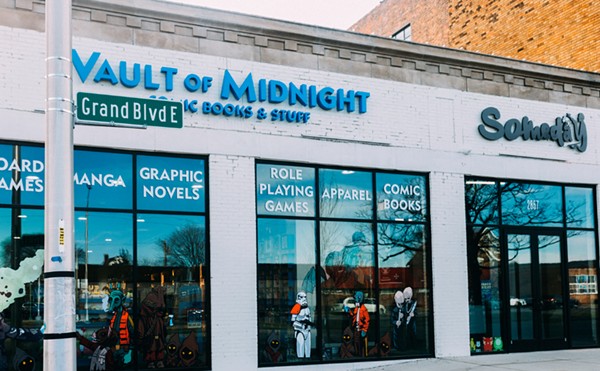You can count on Eugene O’Neill to put you through the wringer. At a running time of four hours, this 1973 film of his play about the down-and-out denizens of Harry Hope’s bar is a marathon offering of various types of despair and comforting illusions. This is the kind of multicharacter play where everybody gets their moment in the spotlight, their monologue of confession or denial. If that seems like a familiar device, then keep in mind that O’Neill did it first and best.
Set in 1912 and originally produced in 1946, the play isn’t quite as probing as O’Neill’s masterpiece, Long Day’s Journey Into Night. Its central conceit — that everybody has a single “pipe dream” that sustains them and whose loss could shatter them — is simplistic. In reality, most people need a half a dozen or so to keep them going. But it works dramatically and the play is always worth the effort, especially when it has a once-in-a-lifetime cast like this one.
First there’s Robert Ryan as Larry Slade, the bar’s resident philosopher and “retired” revolutionary, resigned (or so he says) to drinking himself to death, observing from the sidelines and offering failure as a form of wisdom. It’s a fake nobility that you know is going to be shattered and Ryan, who died shortly after the filming, caps a career of playing troubled souls who could barely swallow their anger with this depiction of a marvelous wreck.
Then there’s Fredric March as Harry Hope, with his fantasy of having once been happily married, Jeff Bridges as the young anarchist in desperate need of Larry’s approval, Moses Gunn as the bar’s lone black habitué, with his anger-fueled dignity, and Bradford Dillman as a young lawyer so lost to alcohol that he’s become grotesquely comic. All superb, all compelling.
And finally there’s Lee Marvin as Hickey, the “iceman” who comes along to pour cold water on everybody’s dreams. It’s often been remarked that Marvin doesn’t bring the same depth to the role that Jason Robards did in the famous 1960 TV production (available on DVD) and it’s true he does initially come across a little like Robert Preston in The Music Man. But when it comes time for his dark confession, the chill is felt. Marvin may not have been a great tragedian, but O’Neill was, and it’s O’Neill who’s in charge here.
Showing exclusively at the Detroit Film Theatre (inside the DIA, 5200 Woodward Ave., Detroit), Friday at 7:30 p.m. Call 313-833-3237.
Richard C. Walls writes about film for Metro Times. E-mail [email protected].





